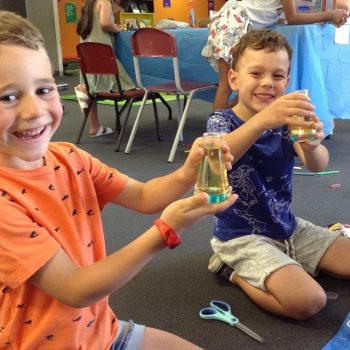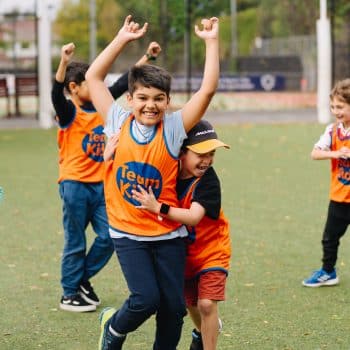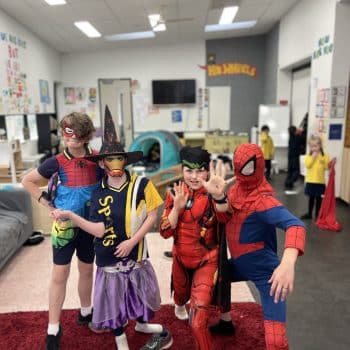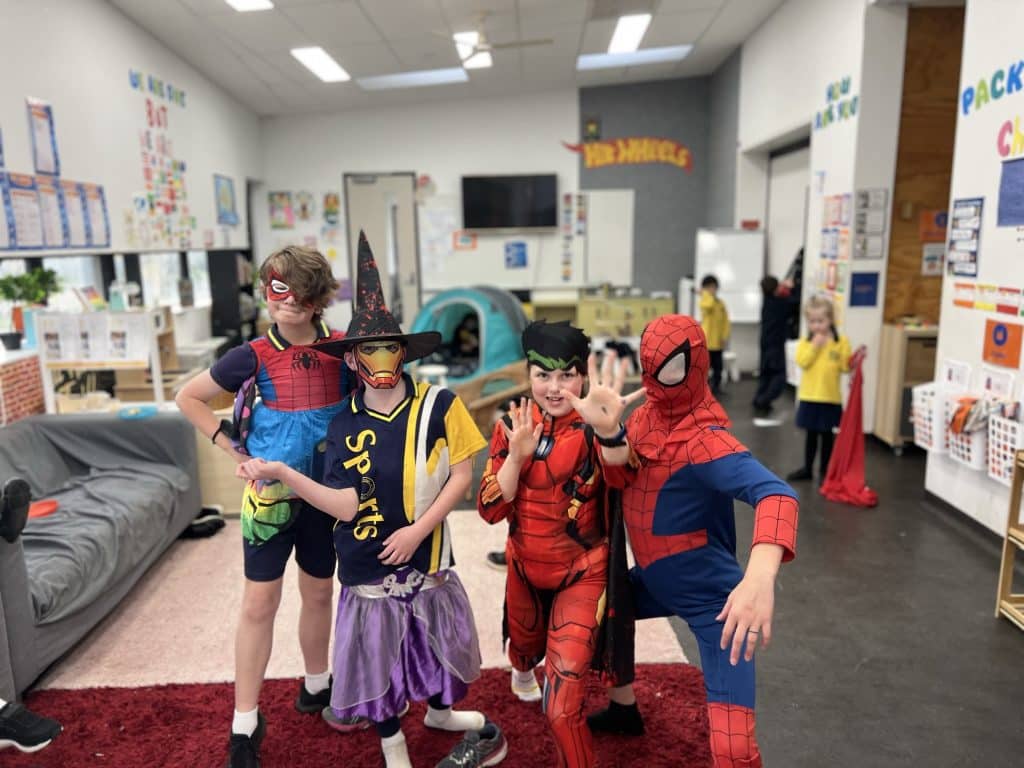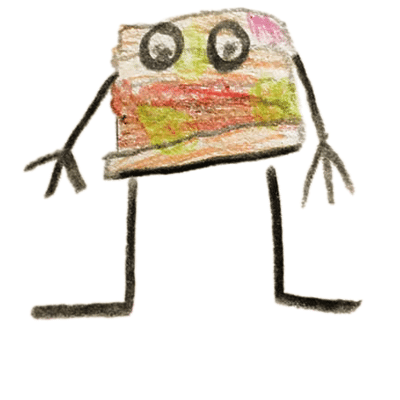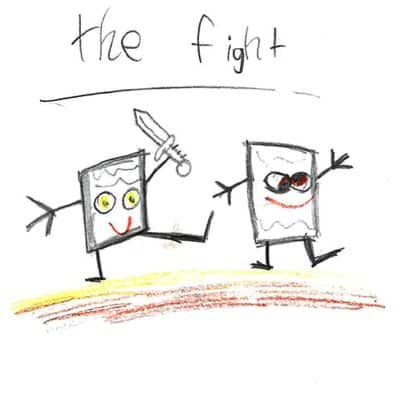Did you know that between 1981 and 1997, children’s playtime in the US decreased by 25% and in the United Kingdom, time playing outside has declined by 50% in a single generation?
“In 2018, parents of 6-11-year-olds reported that they were playing with their children less than 5 minutes per day” Real Play Coalition
Did you also know that Edelman Intelligence found, “56% of respondents in the survey of 12,710 parents in 10 countries said their kids spend less than an hour every day playing outside – less time than prisoners in a maximum-security prison spend outdoors. One in ten kids never play outside and two-thirds of parents say their kids play less than they did.”
Play is increasingly under threat. Current research suggests that there are a variety of factors that have contributed to this reduction in play. Hurried lifestyle, changes in family structure, increased focus on pushing academics and over-scheduling structured activities, all that the expense of playtime. “Whether for reasons of safety (51% of parents agree they would like their children to play outside but are too worried about their safety) or growing pressures on children (one in five say they are “too busy” to play), it is clear that play is under threat in the home, in schools and in the community across the world.” (source: Real Play Coalition)
- 92% of children say they want more play in their lives
- 93% of children say that play makes them feel happier
- 1 in 5 children say they are ‘too busy’ to play
At TeamKids, we feel really strongly about encouraging play, driving awareness of the transformational benefits and spreading the word about how our programs revolve around play and having fun. Outside School Hours Care is no longer just a service that helps busy families. TeamKids give parents peace of mind that their child is getting access to play whenever attending any of our premium services.

